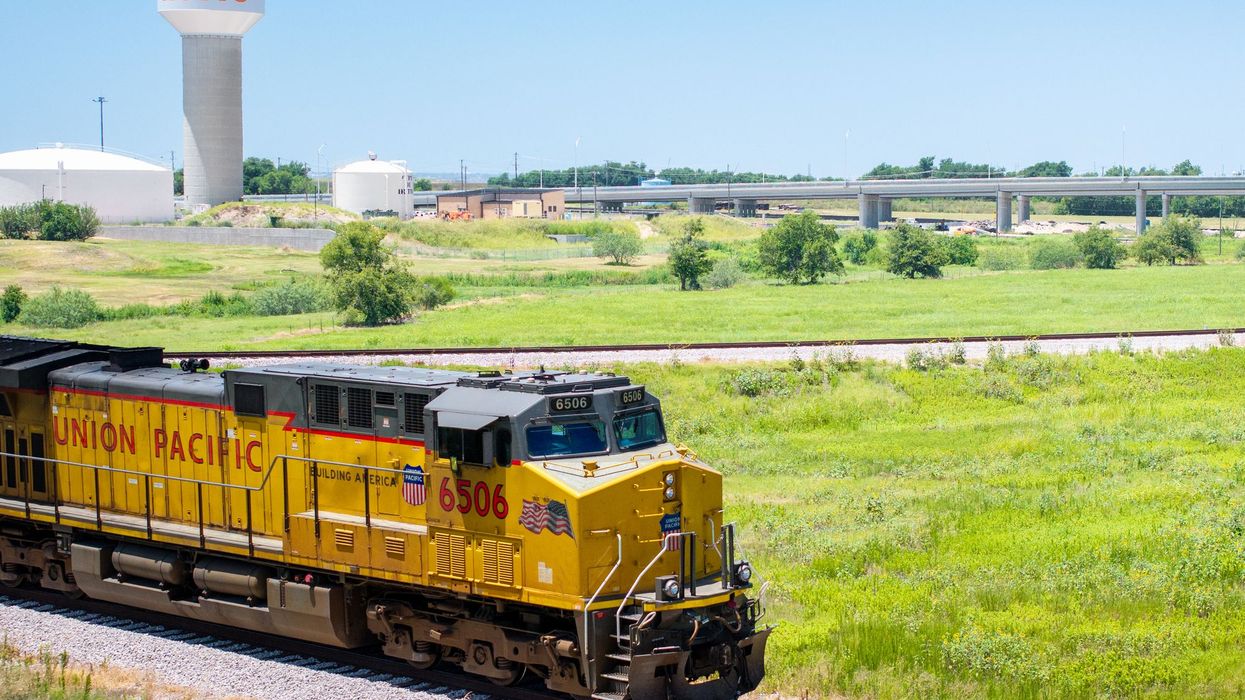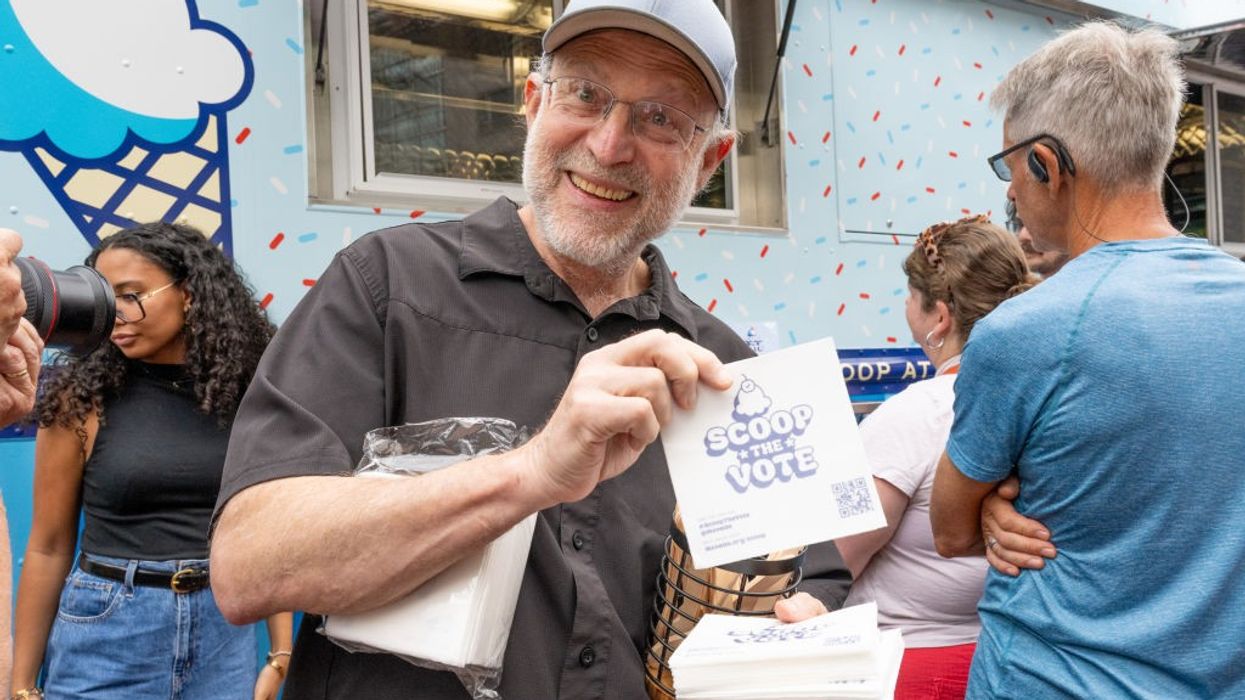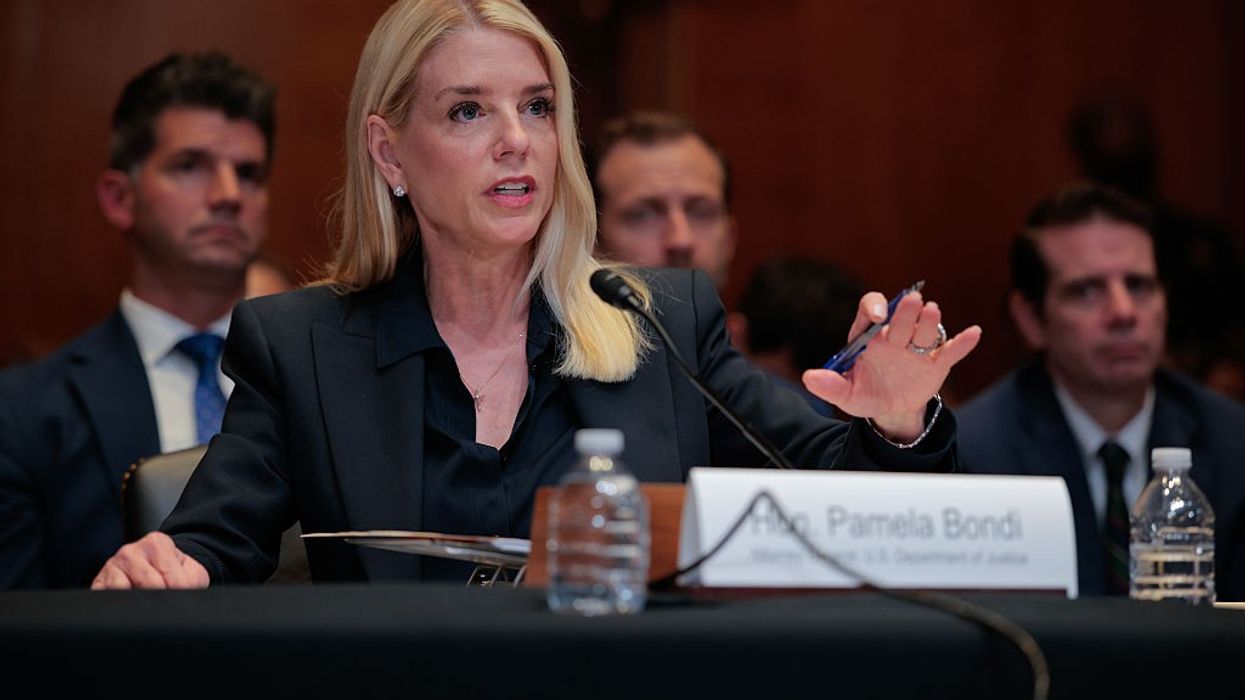The Vermont-based ice cream company was acquired by Unilever, a British conglomerate, in 2000, at which time Greenfield says the company "guaranteed" him and his partner the "independence to pursue our values." Though the pair no longer had a financial stake in the company, which they founded in 1978, they remained on as board members and brand ambassadors.
"For more than twenty years under their ownership, Ben & Jerry's stood up and spoke out in support of peace, justice, and human rights, not as abstract concepts, but in relation to real events happening in our world," Greenfield said. "That independence existed in no small part because of the unique merger agreement Ben and I negotiated with Unilever, one that enshrined our social mission and values in the company's governance structure in perpetuity."
The relationship between Ben & Jerry's and its parent company began to fracture as Cohen and Greenfield became increasingly outspoken advocates against Israel's human rights abuses in Palestine.
In 2021, the duo announced that it would stop selling its ice cream in the West Bank and East Jerusalem in protest of Israel's occupation of those territories, which is widely recognized as illegal under international law. Several US states with laws punishing boycotts of Israel began to pull their investments in Unilever, which rushed to reaffirm that it was “firmly committed” to Israel.
In order to bypass the pair's boycott, Unilever sold the Israeli portion of Ben & Jerry's to a distributor in the country, which promptly resumed distribution in the Occupied Territories. The duo launched a lawsuit against their parent company in hopes of stopping the deal.
The rift would intensify further after October 7, 2023, when, following Hamas' attack against Israel, Prime Minister Benjamin Netanyahu's government responded with a crushing military onslaught against the Gaza Strip that has now resulted in at least 220,000 casualties according to one former Israeli general.
Ben & Jerry's would file another lawsuit in 2024 alleging that Unilever, on several occasions, used threats and intimidation to stop them from speaking out on the conflict, which they referred to as a "genocide."
They said Unilever threatened to dismantle the company's board if it issued statements calling for "peace" and a "ceasefire," imposed restrictions on their statements in support of pro-Palestine student demonstrators, and stopped them from donating company funds to human rights organizations. Ben & Jerry's would later claim that Unilever fired its CEO, David Stever in March 2025 in retaliation for the brand's activism.
This past May, Cohen was arrested, along with six others, for disrupting a US Senate hearing in protest of Washington's continued sale of weapons to Israel, which at that point had begun outlining plans to fully remove Palestinians from Gaza with support from President Donald Trump.
Unilever distanced itself from Cohen's actions, saying they were "on his own as an individual and not on behalf of Ben & Jerry's or Unilever."
Greenfield's departure comes as Unilever plans to fold Ben & Jerry's into a new entity known as the Magnum Ice Cream Company, which is set to be listed on the stock market in November. In response to the merger, Ben & Jerry's called for its brand to be "freed" from the conglomerate.
"They're ripping the heart out of Ben & Jerry's," Cohen said last week while brandishing a picket sign. "All we're asking is for them to sell the company to a group of people who support the values of Ben & Jerry's."
Magnum rejected this request, saying, "Ben & Jerry’s is a proud part of the Magnum Ice Cream Company and is not for sale."
"It's profoundly disappointing to come to the conclusion that that independence, the very basis of our sale to Unilever, is gone," Greenfield said in his resignation note. "And it's happening at a time when our country's current administration is attacking civil rights, voting rights, the rights of immigrants, women, and the LGBTQ community."
"Standing up for the values of justice, equity, and our shared humanity has never been more important," he continued, "and yet Ben & Jerry's has been silenced, sidelined for fear of upsetting those in power. It's easy to stand up and speak out when there's nothing at risk."




